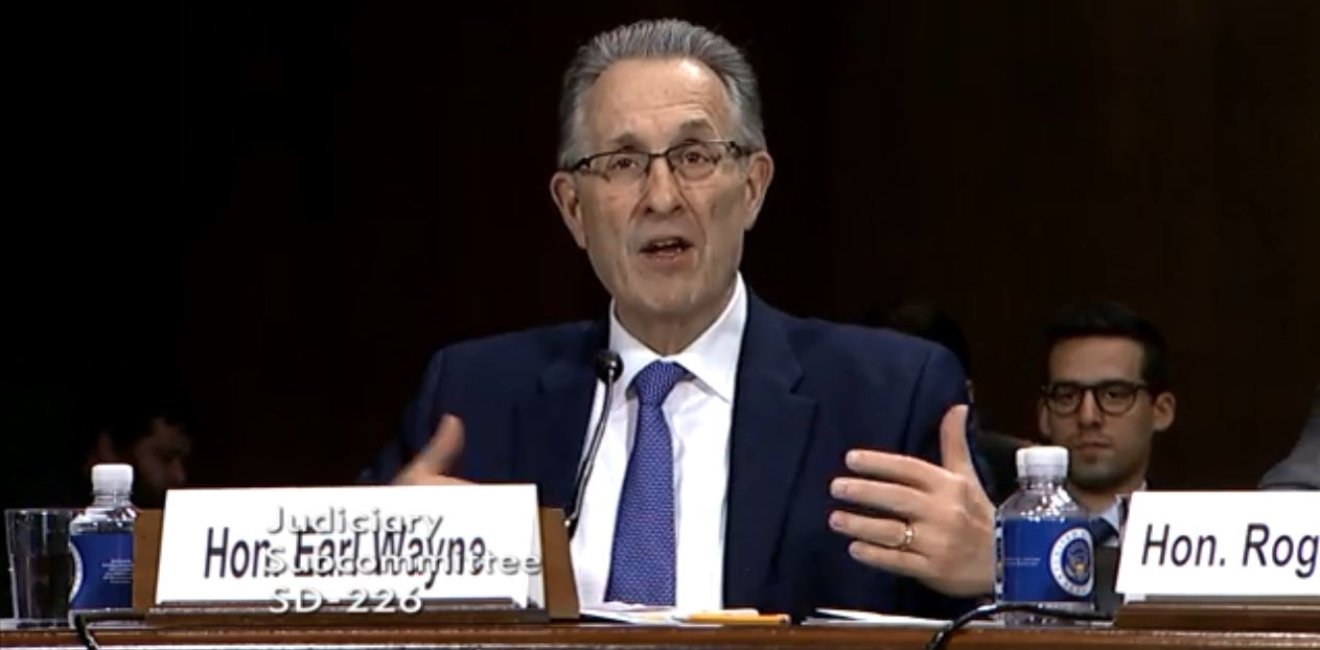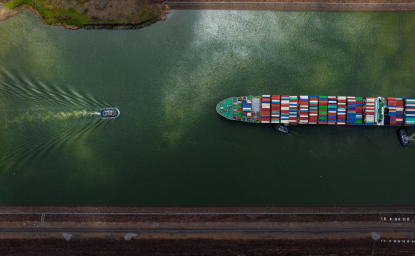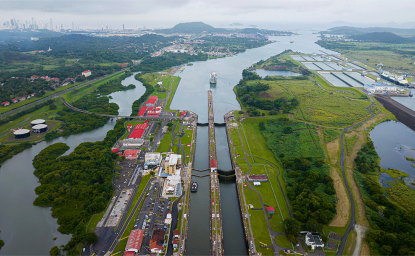Watch the Full Hearing > >
Download the document below for full version of testimony.
Cooperation between Mexico and the United States regarding transnational crime is vital. Both societies pay a high price for the illegal traffic in drugs, money, guns and people that cross our common border.
Much progress has been made over the past ten years, but much more is needed.
Mexico’s new president, Andres Manuel Lopez Obrador, or AMLO as he is known, begins his six-year term with large majorities in Congress and bold ambitions to transform his country. He clearly wants to find ways to cooperate with the United States.
Both governments should build on what works well in security and border cooperation and identify new avenues for better results.
We should not let cooperation languish, as happened for nearly a year following Mexico’s presidential transition six years ago.
The two governments should rapidly review existing cooperation and look at how cooperation can mesh with AMLO’s new public security strategy.
The U.S. and Mexico should continue efforts to better target the entire operational chain of drug smuggling groups.
They should enhance inter-agency coordination.
The U.S. should consider additional steps to augment risk management, for example, funding new technology to help both governments better capture and analyze additional data from border crossings and entry points.
The U.S. should look seriously at how it can support elements of Mexico’s new 8-pillar public security program, including helping to provide alternatives to opium cultivation, for example.
All this work merits additional Merida Initiative funding.
Additionally, the U.S. should take up AMLO’s offer to address longer-term migration and security concerns in a regional context that includes Central America. Mexico has pledged to invest in such an effort. The recent migrant caravan turmoil highlights the need for a regional strategy and multi-layered efforts.
Congress has a vital role to play in assuring that renewed U.S.-Mexico cooperation gets off to a good start with a comprehensive vision, and plans that are sufficiently funded.
Merida Initiative as the Umbrella for Intensified Cooperation
Over the past ten years, bilateral law enforcement and security cooperation has grown under the umbrella of the Merida Initiative.
Merida brought more order, coordination and funds to U.S. assistance for Mexico. It fostered networks of closer cooperation between law enforcement, justice, diplomatic, security, border and intelligence officials, and built capacity.
While more progress is needed, Merida-related cooperation created an atmosphere in which those working on these efforts accept that both countries have a shared responsibility to find solutions and that substantial progress is only possible if both countries work together. We should not lose this.
U.S. Opioid Epidemic and Increased Violence in Mexico
The U.S. opioid epidemic makes clear the importance of more effective efforts to reduce the flows of heroin and synthetic opioids from Mexico.
The opioid crisis helped generate new U.S.-Mexico agreements in 2017 to go after the entire to chain of criminal activities more effectively.
That new plan did not take full effect, however, in part because of popular and elite backlash in Mexico to critical U.S. words and harsh actions regarding migration and the border.
Illegal drug sales in the U.S. are estimated to provide up to $20-30 billion a year in revenue to Mexican crime groups. These profits allow criminals to buy guns in the U.S. for use in Mexico and to corrupt officials. Drug smuggling groups also facilitate illegal cross-border migration, making lucrative profits.
Inside Mexico, since 2014 criminal groups have become more geographically widespread and more diversified in their crimes. Governments effectively lost control of the situation in certain areas. Violent homicides reached the highest level ever recorded in 2017. Sadly, 2018 will likely establish a new homicide record once the data is in.
Not surprisingly, insecurity was a prime driver in the election of AMLO, and he recently presented a new security strategy.
While U.S. priorities and Mexico’s public security agenda are not exactly the same, there is important overlap.
AMLO’s Eight Pillars
AMLO’s notion is to take a comprehensive approach that includes prevention and enforcement, addressing causes as well as effects. His eight pillars are:
- Eradicating corruption and achieving effective law enforcement;
- Promoting employment, education and other social efforts;
- Respecting and enforcing human rights;
- Promoting civic culture, and family values;
- Reframing drug policies including legalization & addiction treatment;
- Promoting “demobilization” and “reinsertion” of individuals involved in crime, better care for victims and use of “transitional justice” practices;
- Implementing prison reform;
- Reorienting the public security structure by creating a new Secretary of Public Security to oversee enforcement efforts and the creation of a new National Guard as a service under the Defense Secretary to carry out law enforcement activities.
Much remains to be defined and debated in these proposals. For example, how the new National Guard will be trained or will work with a revitalized justice apparatus or local police is not clear.
Popular expectations are very high, however. The fresh approach is welcome, even with the serious issues to work through, including U.S.-Mexico collaboration.
Merida’s Four Pillars
Under the Merida Initiative, cooperation is organized around four pillars:
- Disrupting Organized Crime;
- Sustaining rule of law;
- Creating a Twenty First Century Border;
- Building Strong and Resilient Communities.
This flexible structure has accommodated a wide range of programs and evolving priorities. My written testimony includes descriptions of some 19 valuable Merida programs, which seem consistent with AMLO’s 8 pillar approach.
Problems and Challenges to Address
My written testimony also discusses key challenges to success in some detail. Here are the headlines:
- Forging a truly coordinated overall strategy
- Improving federal-state-local cooperation
- Ending over-reliance on High Value Targeting
- Overcoming an ineffective criminal justice system
- Vigorously pursuing corruption
- Creating more professional training/career paths for personnel
- Achieving better human rights practices
- Being more effective against criminal finances
- Expanding use of “judicialized” communications taps
- Build better Interagency coordination and mutual trust
What Is Needed?
A rapid review of cooperative work, including Merida assistance programs and day-to-day arrangements for fighting crime.- Agreeing on priorities for collaboration, including new areas.
- Finding solutions to short-term problems in ways that encourage cooperation for the six years ahead.
- Providing sustained and augmented funding for law enforcement, border and justice cooperation as is provided under Merida.
- Providing concrete support for parts of AMLO’s proposals.
- Providing additional funding to promote the use of cutting edge imaging, scanning, and analytic technology at points of entry along the border and elsewhere in Mexico.
- Taking up AMLO’s offer and developing a region-wide, multi-layered strategy embracing Central America, which would include investments to provide alternatives to migration and crime.
We have a solid foundation of cooperation with Mexico on which to build. With good political will from the top in both countries, we can find successful ways forward together.






